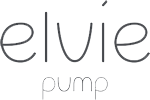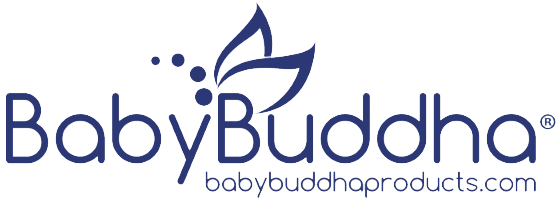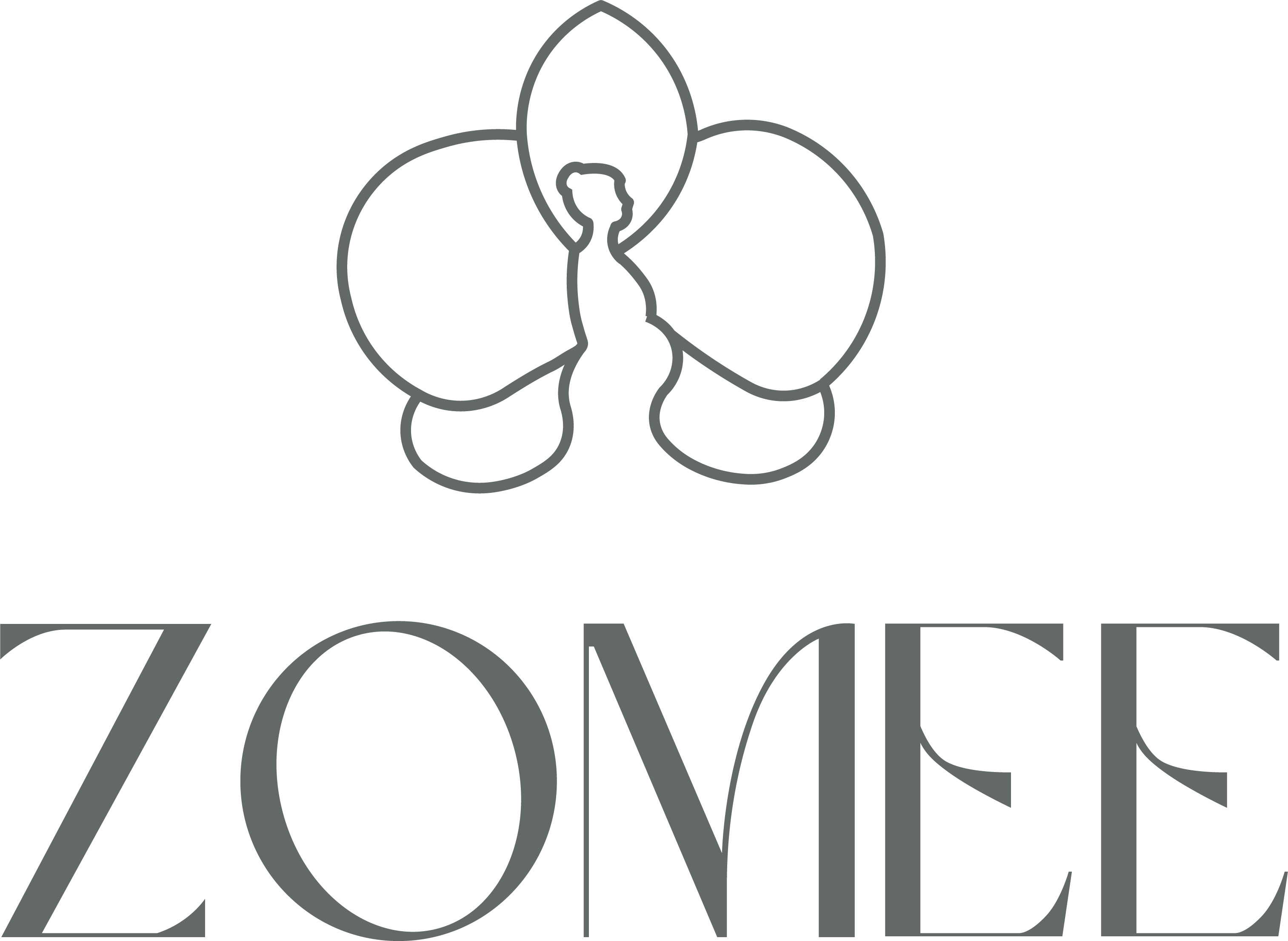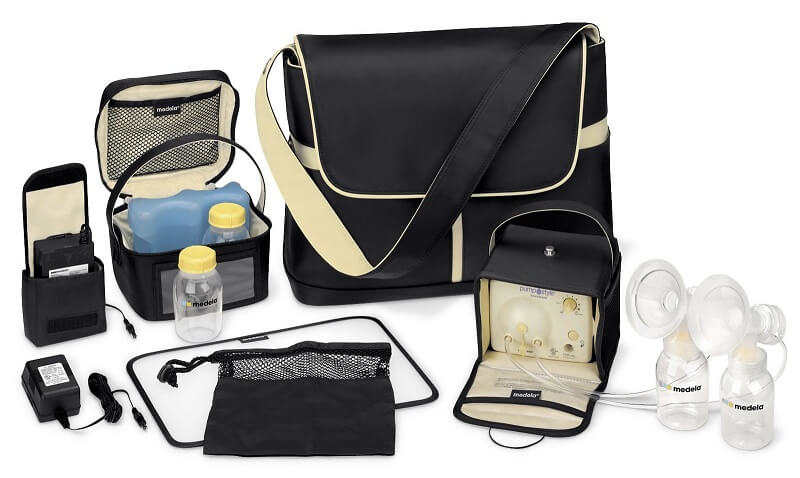Starting Off With The Breast Pumps
As advised by The American Academy of Pediatrics and several leading professional organizations, the mother should breastfeed the infant for the first six months after birth unless there exists medical reasons that state otherwise without supplementing breast milk with water, formula or juice. You can easily get an electric pump or a manual unit for free. Insurance covers breast pump rental and purchase and you should call you insurer for more details.
If a mother wishes to continue breastfeeding after the six months well and good, this is because natural breast milk in many ways offers nourishment and health benefits to the child. The breast milk boosts the child’s immunity by providing antibodies that protect against illnesses, assists in the development of brain and sight of the infant, assists in a healthy digestive tract, the milk also protects against risks of sudden infant death syndrome (SIDS). Breast milk changes with time more so during the day towards ensuring the child’s needs are properly met. The milk also goes a long way to protect against future diseases such as diabetes, obesity, asthma, cholesterol associated diseases and some cancer cells. Breast feeding also assists the moms in getting back to their pre-baby weight protecting in risk reduction from breast and ovarian cancer and also osteoporosis.
Breast feeding is relevantly convenient and free unlike bottles which would call for warming the milk before feeding the infant, depending on the choice of formula there is no formula that would run for a month at $170. The breast pump might come in handy if the mother does not plan to carry the baby wherever she goes and the pumping process is quite smooth, with this consideration breast pumps are advised. The pump is also advantageous in that the mother may continue feeding the child if she is required to get back to work immediately after birth. In such an occasion the mother will be required to first feed the child on formula temporarily and get back to feeding when told so by the doctor. The pumps also serve when the baby is incapable of breastfeeding for whatever reason or if the mother has a schedule that doesn’t allow her to be with the child always or if she plans to travel.
Breast pumps assist especially during the first few days after birth as milk produced is much and the baby cannot suckle all through the day. The mother will need the pump to produce and store the milk for the baby after the hospital period, it is therefore necessary for a mother to consider having a personal breast pump before the baby arrives to familiarize with its operations and also coordinate a faster move back home from hospital after birth. It is also advantageous as the stored milk can be served to the baby later on and if the baby gets to the solid feeding stage about 6 months after birth cereal may be added to the stored milk.
Storing The Breast Milk In Refrigerators
Milk can be stored in refrigerators for 24 hours or frozen in freezers for about two to six months. However the milk should not be produced and left to stay on the shelf as milk contains fat that may begin to breakdown causing for the produced breast milk to ferment and several other components in the milk may change from their original state as stated by Miriam H. Labbok, M.D., M.P.H., director of the Carolina Breastfeeding Institute at the university of North Carolina at chapel Hill. It is therefore advised to use the stored milk as early as possible with the oldest produced first
Housekeeping Note: Expressed milk should be refrigerated as soon as possible, to keep the breast milk cool the container should be packed with ice or frozen ice packs. During this process it is important to date the packed milk and store it at the back of the freezer to prevent thawing that may happen as the freezer door is opened frequently and the front is a warm spot. When it’s time to use the milk the mother shouldn’t mix the stored breast milk with fresh breast milk. The milk should be warmed in warm water as boiling or microwaving might kill some important nutrients. Finally breast milk should not be frozen once it has been unfrozen.
Published by:
Insurance Covered Breast Pumps













